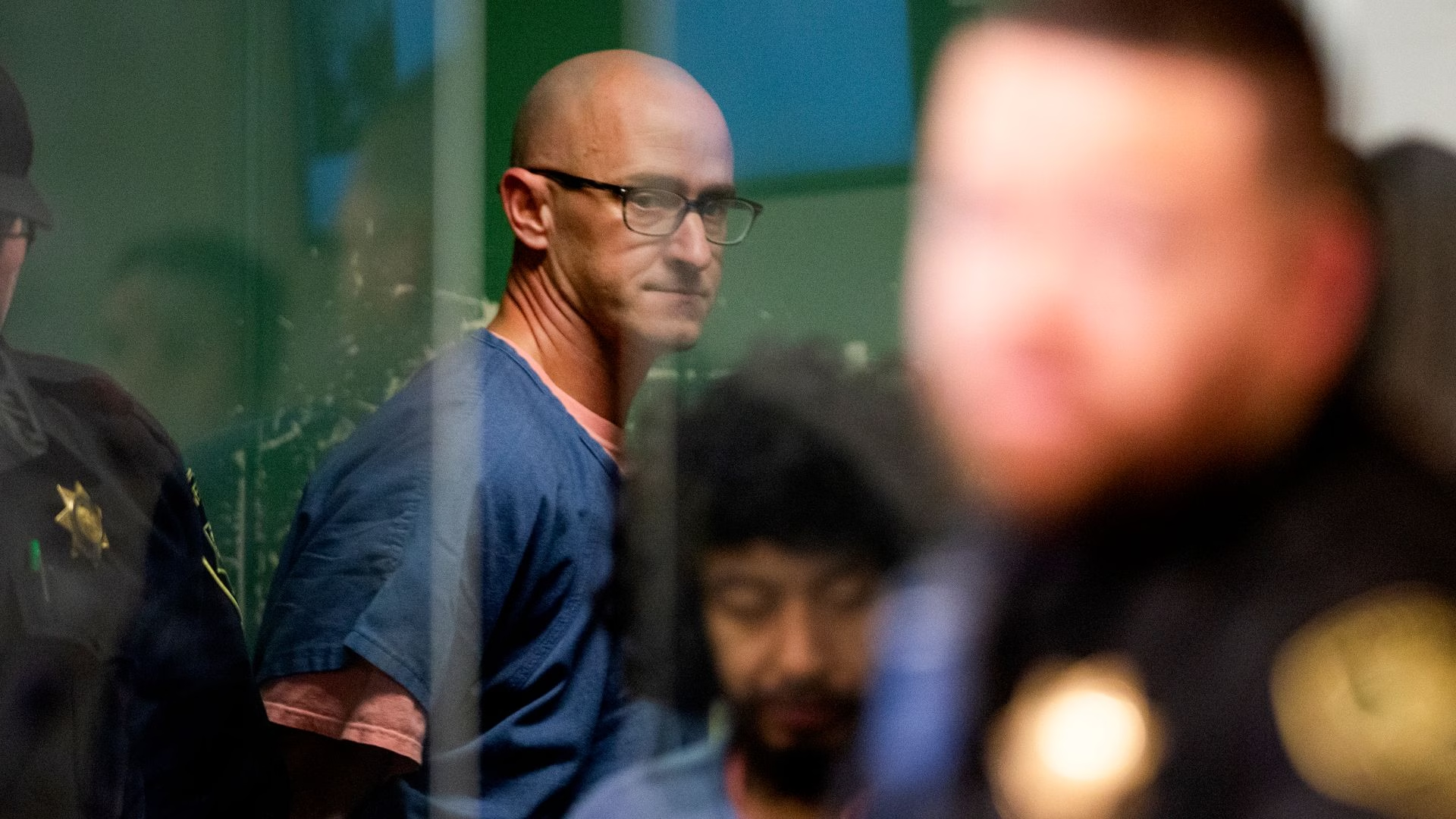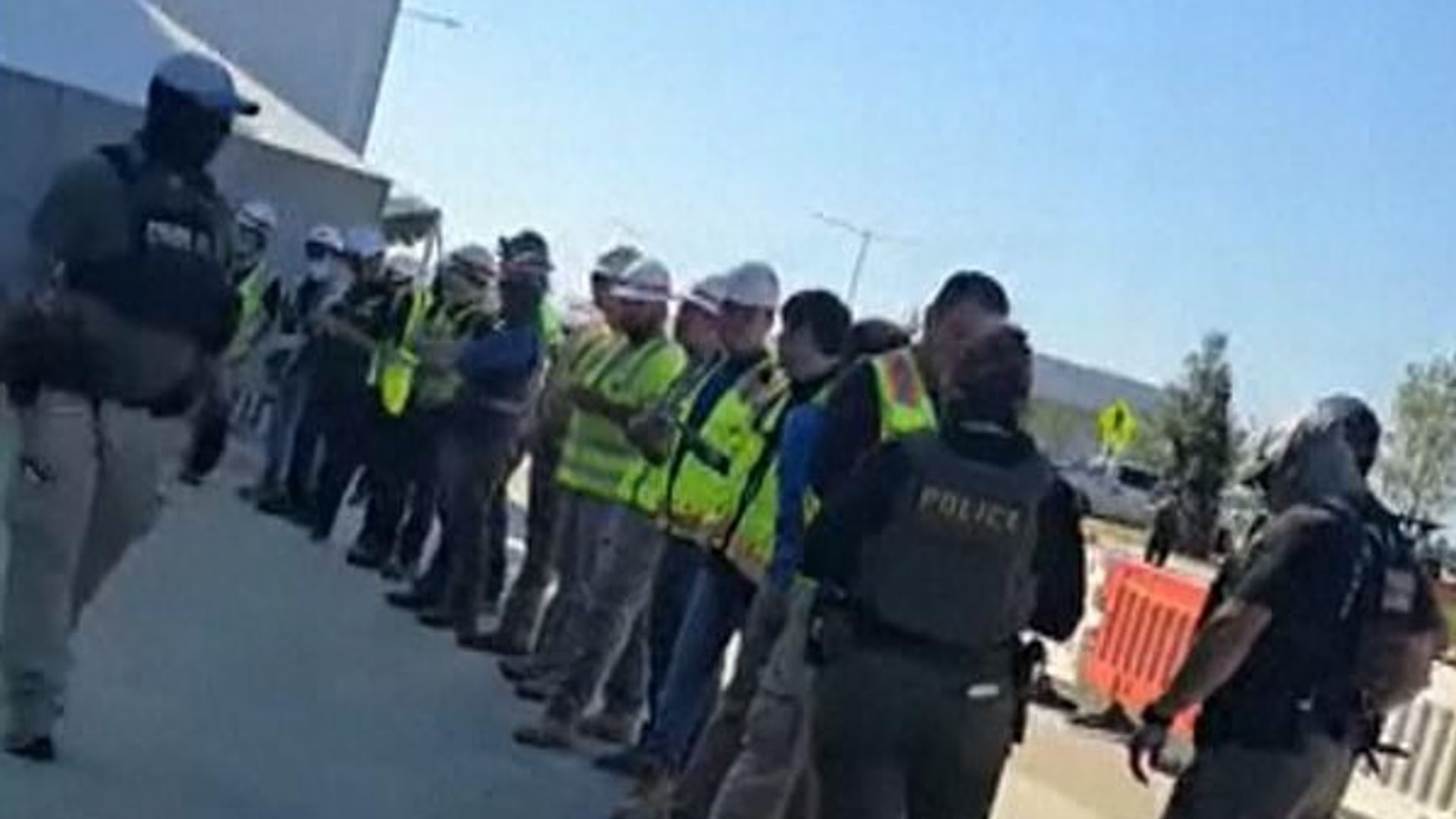
By NAN News Editor
News Americas, PORT OF SPAIN, Trinidad, July 21, 2025: A routine stopover turned into a diplomatic firestorm Monday after Trinidad and Tobago’s former Prime Minister, Dr. Keith Rowley, revealed that he had been briefly detained and flagged by immigration officials in Antigua and Barbuda last week, allegedly due to his name appearing on an INTERPOL watch list.

The incident, which occurred while Rowley was en route to Montserrat for the 30th anniversary of the island’s Volcano Observatory, has ignited political controversy in Port of Spain, with Rowley denouncing the situation as a “deliberate, calculated attempt to tarnish my name on an international stage.”
Rowley, 75, who stepped down from office in April after nearly a decade at the helm, claimed the incident was rooted in political persecution orchestrated by state entities in his home country.
“This is not just a mistake,” he told reporters at a Monday press briefing. “It is state-sponsored slander.”
Immigration officials in Antigua confirmed that Rowley was momentarily held for questioning due to an alert triggered by INTERPOL systems. He was later released without further incident. According to Rowley, the officer involved cited “mistaken identity” related to another individual being sought by Antiguan police.
But the former leader is unconvinced.
“I find it strange,” he said. “INTERPOL doesn’t casually flag a former head of state. Someone put my name there – and that someone is likely from Trinidad and Tobago.”
The Trinidad and Tobago Police Service (TTPS) swiftly denied the claim. In a detailed statement, the agency said its INTERPOL Bureau found no record of Rowley being listed or flagged in any international criminal database. “No alerts, flags, or warrants are associated with his name,” the TTPS said, adding that it had never submitted any such request to INTERPOL.
Still, the damage – at least politically – may already be done.
The opposition People’s National Movement (PNM), which Rowley once led, demanded “immediate and full disclosure” from Prime Minister Kamla Persad-Bissessar, the national police commissioner, and the attorney general.
“This development raises troubling questions about political weaponization of international law enforcement mechanisms,” the party said in a statement. “If this can happen to a former Prime Minister, what safeguards exist for ordinary citizens?”
Rowley, who led the country through multiple crises including the COVID-19 pandemic and major energy reforms, is widely respected across the region. His detention has prompted concern among Caribbean Community (CARICOM) leaders, who fear a precedent that could undermine diplomatic mobility for current and former officials.
“This isn’t just about me,” Rowley said. “It’s about democratic norms and the abuse of power. Trinidad and Tobago must reckon with this moment.”
While the TTPS emphasized that INTERPOL cannot be manipulated by domestic politics—requiring judicial or prosecutorial oversight for any listing – Rowley insists that someone within the state apparatus abused the system.
“The protocols may be there,” he said, “but so are people willing to violate them.”
As the controversy unfolds, the TTPS has pledged continued transparency. But critics warn that the mere appearance of political interference – even if unsubstantiated – erodes public trust in both local law enforcement and international cooperation.
For now, Rowley is back in Trinidad, uncharged and unflagged. But he’s not letting the issue go.
“I’ve dedicated my life to public service,” he said. “And I will not allow my legacy – or our democracy – to be undermined by cowardice or corruption.”
British Caribbean News


